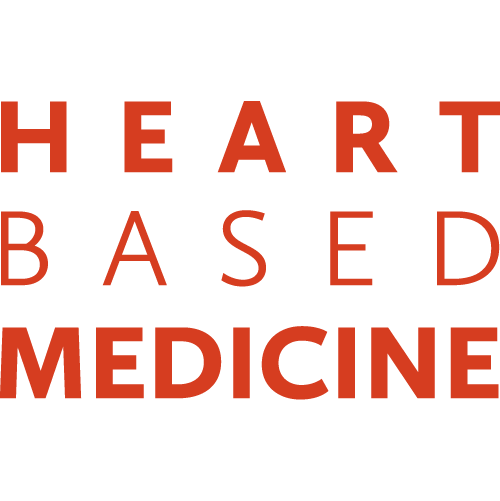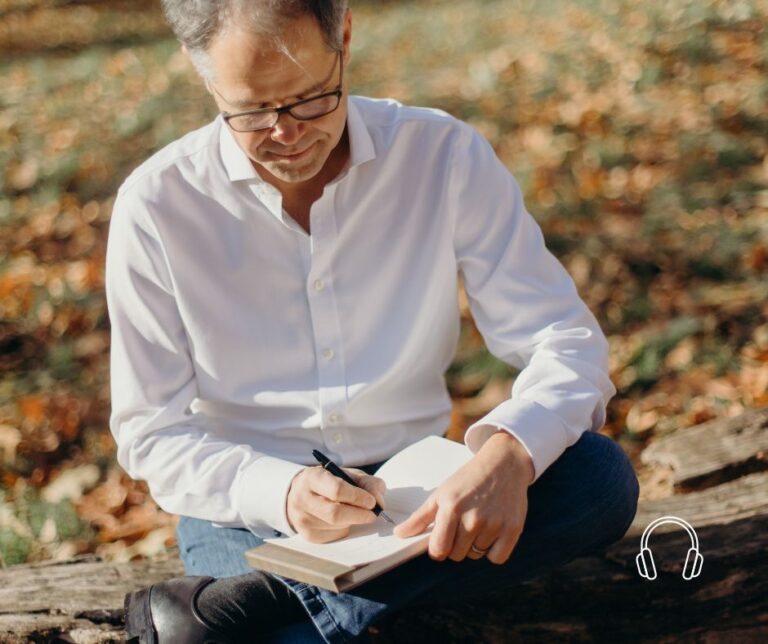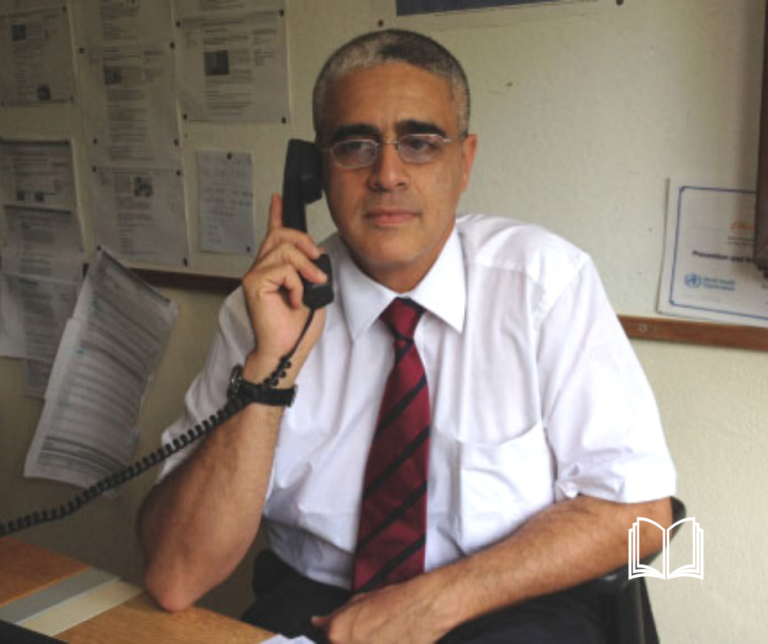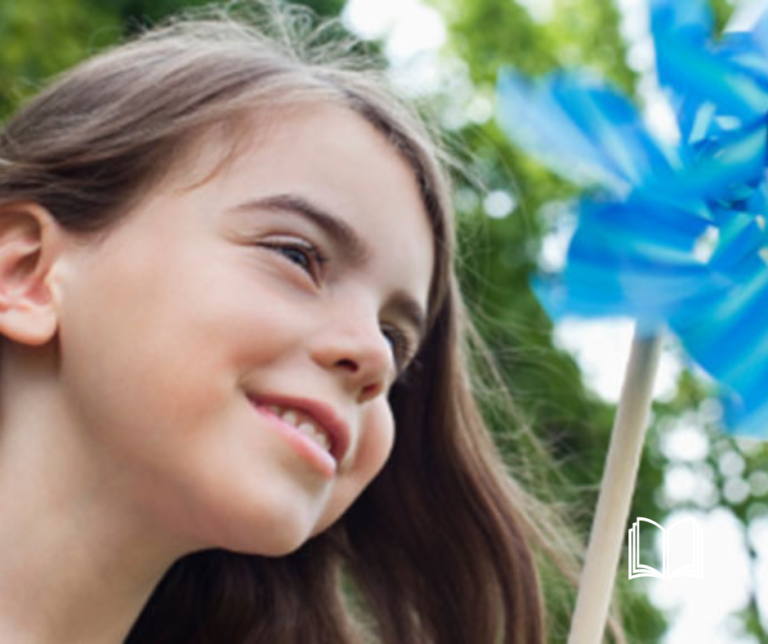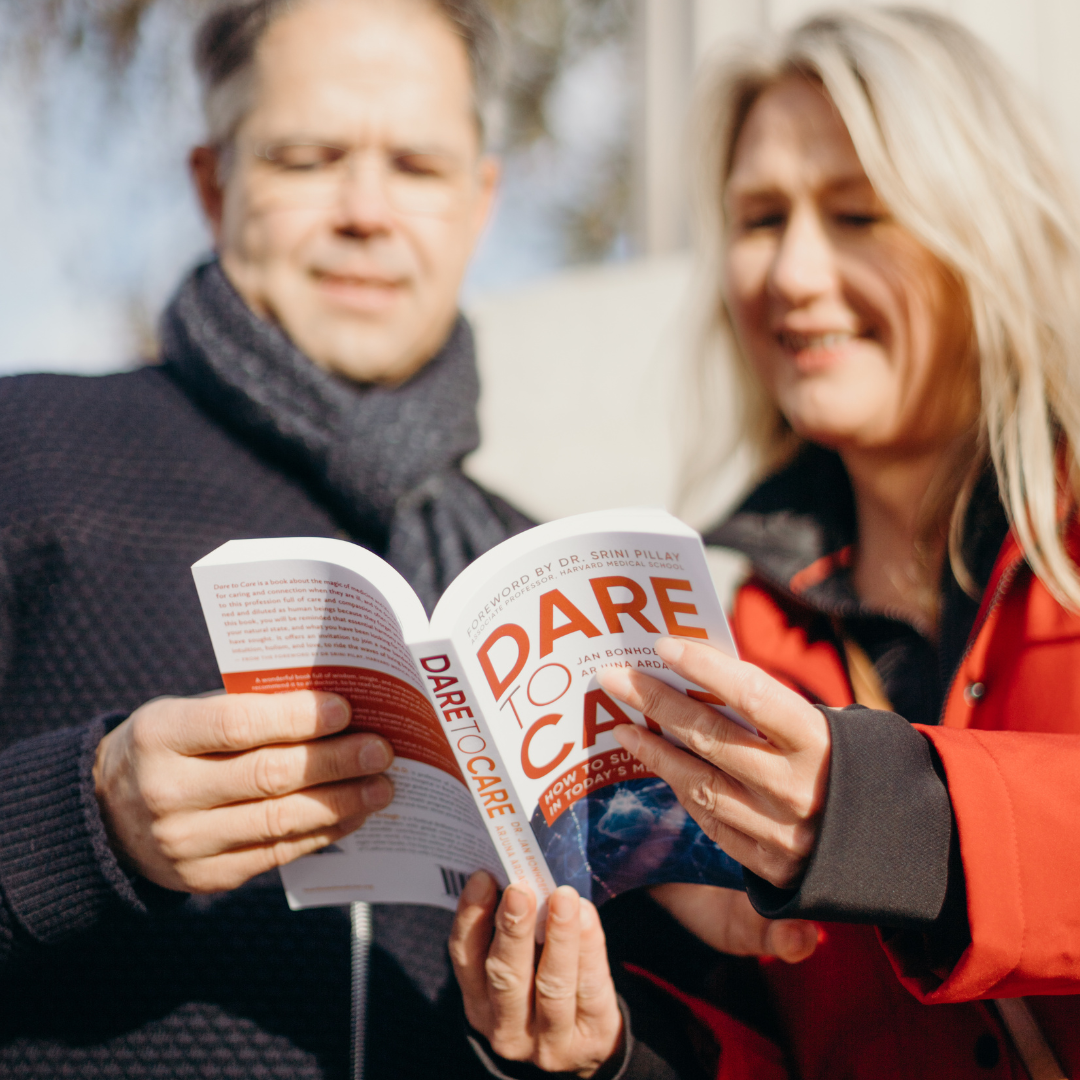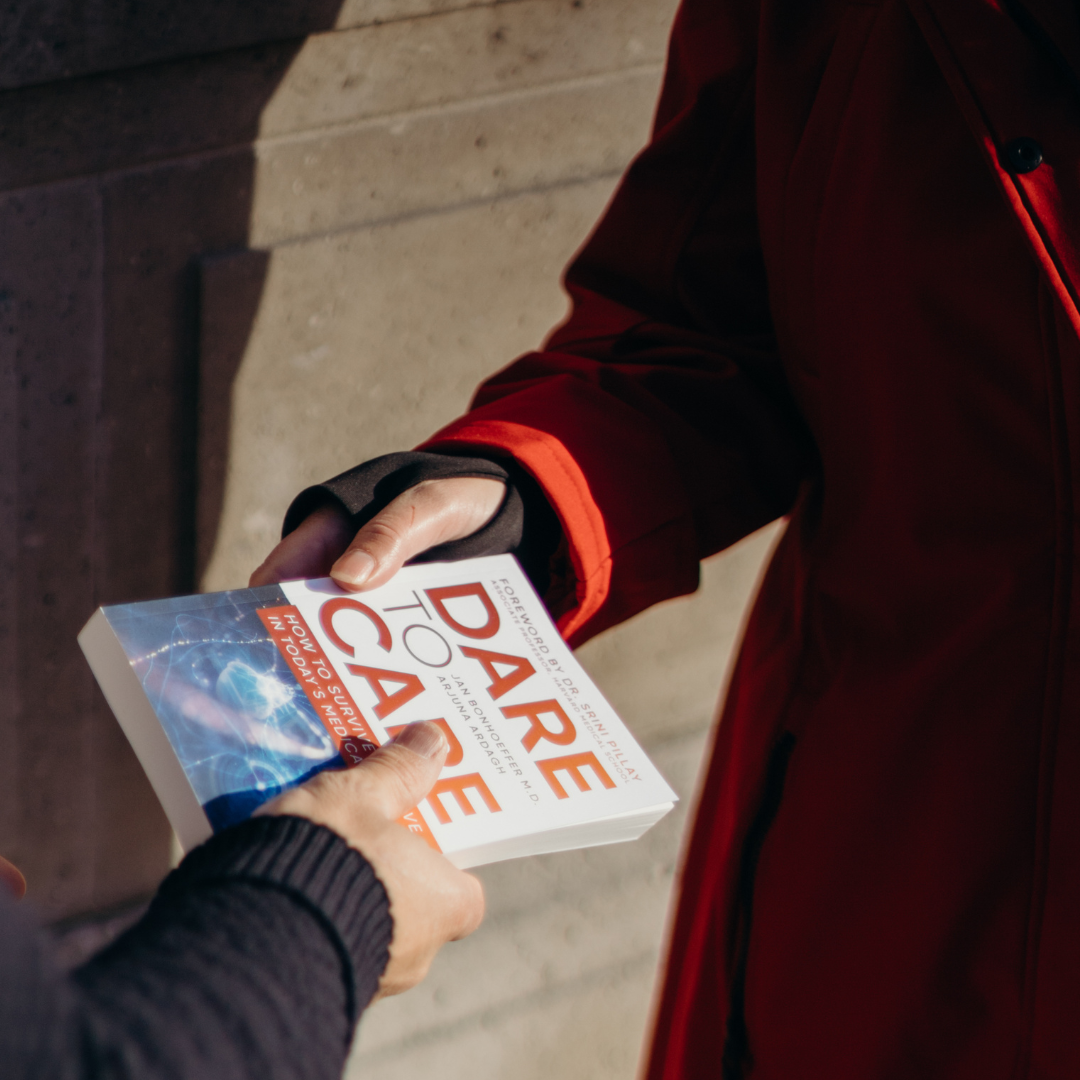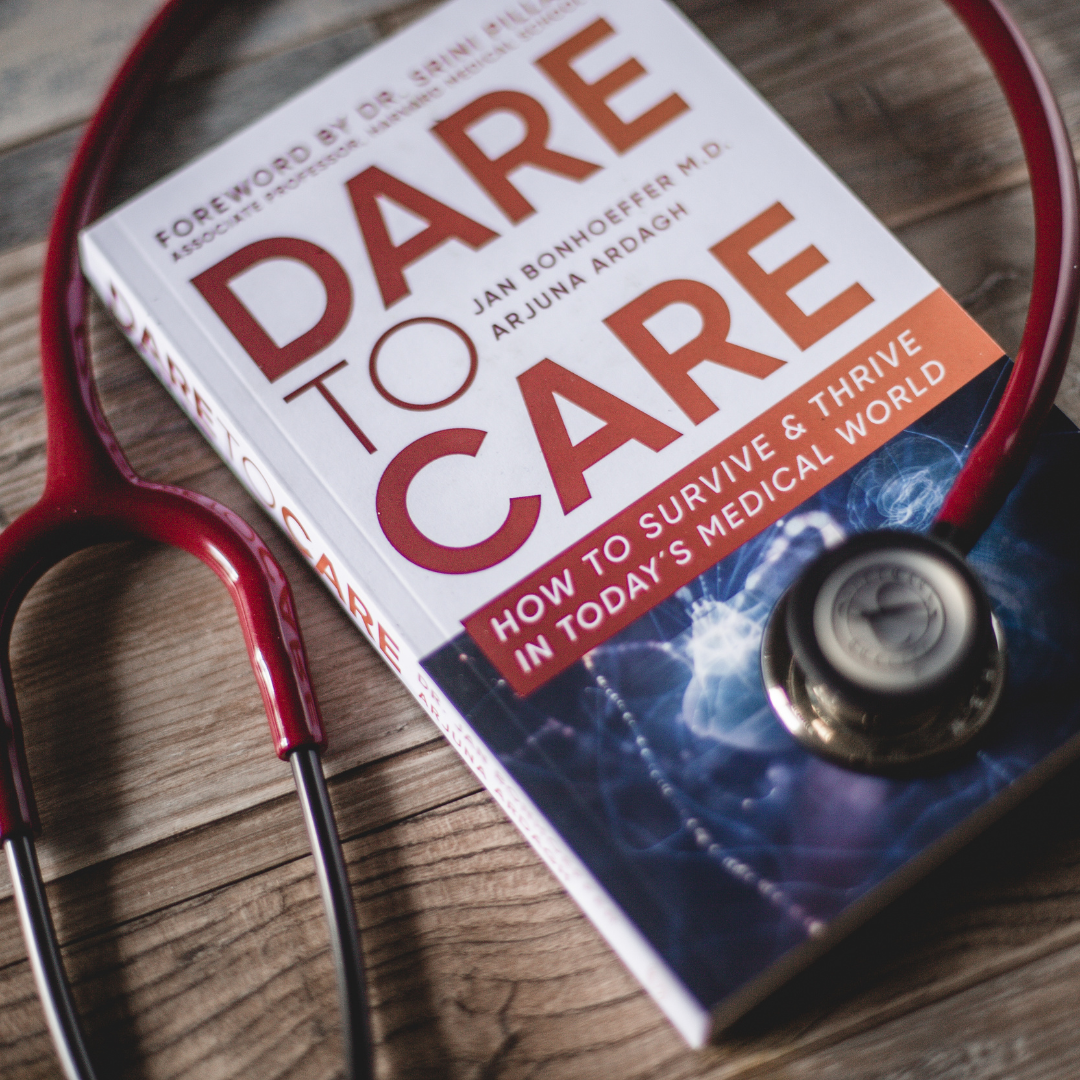When was the last time you felt awake, aware and fully engaged? Probably more recently than you might think.
It may be a surprise to learn that mindfulness is your natural state. Before multi-tasking and deadlines became the norm, humans would naturally become absorbed in one function at a time, only choosing to abandon the shores of tranquillity when a predator or threat invaded the scene.
The advent of the digital age ushered in access to more information than we’ve ever had before and with it more pressure to know more, do more and become more.
The results are often scattered attention, diluted problem-solving abilities, anxiety and fatigue, along with that unsettling undertone that convinces us we’re falling behind, will never catch up and are about to be found out. The stage is then set for the grand entrance of impostor syndrome with many clinicians subscribing to the view that you ‘rise to the level of your incompetence’.
As a healthcare professional or student, you probably experience more demands than most on your time and energy.
Having to make snap decisions with limited resources in squeezed timeframes can lead to less-than-ideal outcomes and dissatisfaction.
The bad news is, your schedule is unlikely to ease up anytime soon. The good news is, there are some techniques you can adopt that will help you master the illusion of time by dropping deeply into the moment and becoming fully present. The dividends of this practice include more pleasure in your work buy facebook likes cheap, greater productivity and better health for you and your patients.
Mindfulness is one of those beneficial techniques that helps you do less and be more.
In this blog series, we’ll be exploring the properties of mindfulness, kindfulness and heartfulness as instruments to enhance your wellbeing and add an extra dimension to your daily practice.
What exactly is mindfulness?
Although the study and practice of mindfulness originated in the Buddhist tradition and there are various explanations, the scientific definition of mindfulness is ‘the self-regulation of attention with an attitude of curiosity, openness and acceptance.’
According to Jon Kabat-Zinn Ph.D, who is widely regarded as a master of mindfulness and the founder of the mindfulness-based stress reduction (MBSR) 8-week program, the practice makes you more attentive and less inclined to respond to thoughts and become distracted. He reminds us that when you pay attention to your breathing, you are moving out of the conceptual realm and into the awake, aware realm. He believes that if you practice it even for tiny moments each day you will ignite deep compassion within yourself.
Various clinical studies show the link between practicing mindfulness and increased wellbeing.
Dr Kelly McGonigal health psychologist and lecturer at Stanford University, claims that when people train in mindfulness, they are better prepared and more willing to deal with suffering. She suggests that by imagining you have nostrils on your chest, attending to your breathing and connecting with your values, you can increase vagal tone and positive emotions.
How do you practice mindfulness in medicine?
By simply bringing attention to your breath, watching it flow effortlessly into and out of your body as you cultivate an attitude of patience and curiosity, you will be able to bring mindfulness to every moment of your day. With commitment to this daily practice you will start to notice the gaps between your thoughts without trying to control them. Time will become your friend as you experience more moments of awareness. Even if your schedule is jam-packed, there are usually brief opportunities to bring yourself back to ‘beginner’s mind’ and awareness of your breath while washing your hands or writing up your notes.
Mindfulness and its application have exploded in popularity recently and there are many online resources available if you want to find out more. One of the most useful for healthcare professionals is the Mindful Practice® program developed by a team of physicians and led by Drs. Ron Epstein and Mick Krasner. These programs have been created to train clinicians and educators in cultivating attention, curiosity and presence so they can bring these qualities to the most difficult moments in clinical practice. Dr Epstein has also written Attending: Medicine, Mindfulness and Humanity, a book recommended for all health professionals.
It’s worth remembering that as a healthcare provider, you are always under scrutiny from your patients. Consciously and unconsciously they will be looking to you for cues on how to behave. By deliberately adopting an attitude of mindfulness at the beginning of every session with a patient, you will automatically be setting the tone and giving them permission to fully participate in their own healing journey.
We’re always interested in stories about mindfulness in practice – please feel free to share your experiences by reaching out.
Disclaimer: The views and opinions expressed in this article are those of the author and do not necessarily reflect the views of the Heart Based Medicine organization. They are not intended to diagnose, treat, cure or prevent any disease. They are the expressed opinion of the author for the sole purpose of educating the public regarding their health and wellbeing. Individual results may vary. Seek the advice of a competent health care professional for your specific health concerns.
